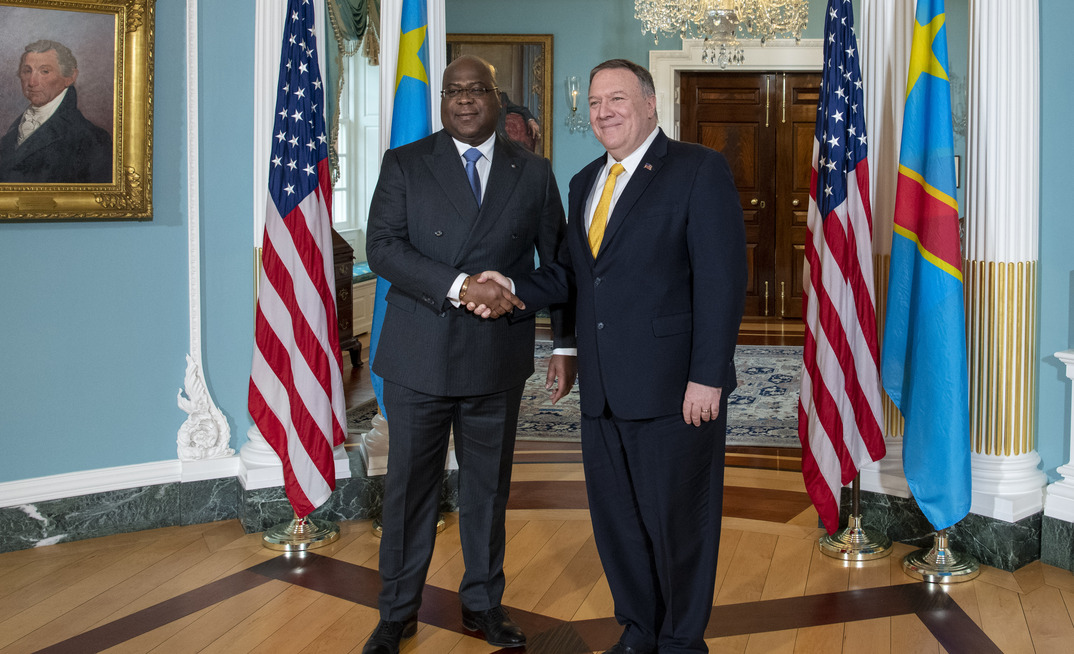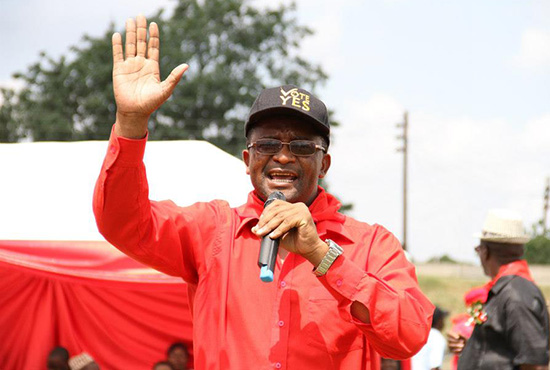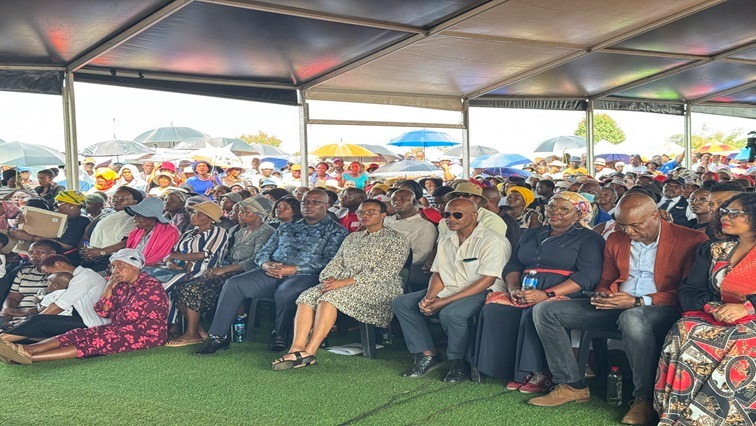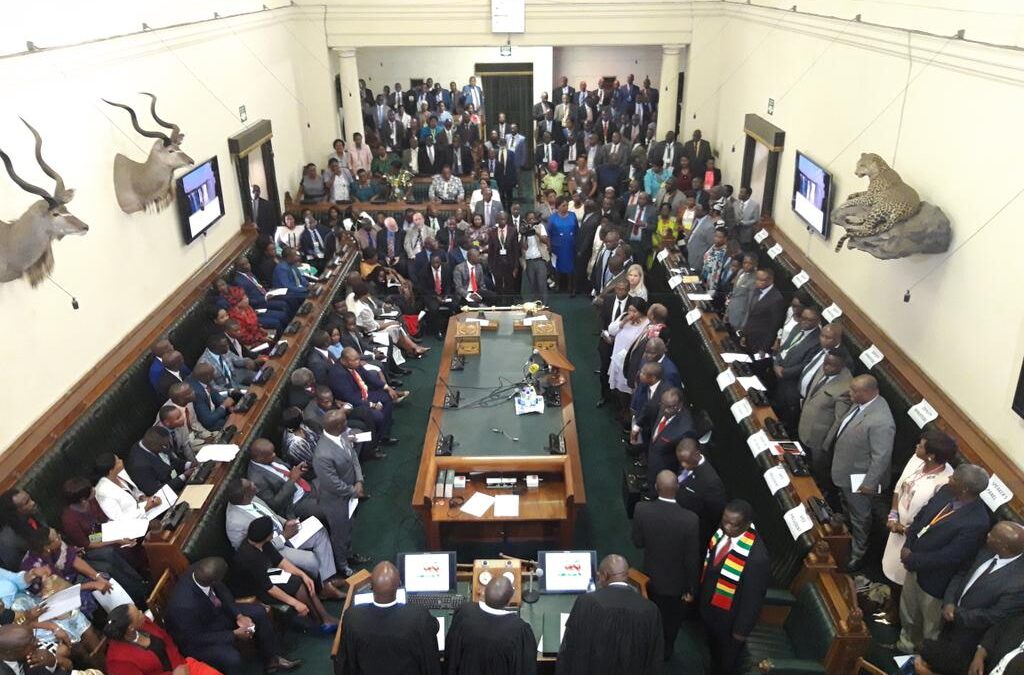The Democratic Republic of Congo (DRC) is a treasure trove of critical minerals, including cobalt, copper, coltan, and lithium, which are essential for the U.S. technological, renewable energy, and defense sectors. However, the DRC’s strategic importance to the United States is complicated by several key challenges.
Geopolitical Competition with China
China’s dominance in the DRC’s cobalt production, controlling approximately 70% of it, poses a significant threat to U.S. efforts to diversify critical mineral supply chains ¹. Chinese state-owned enterprises and policy banks control 80% of the DRC’s cobalt output, with Chinese companies owning half of the 10 largest cobalt mines in the world.
Governance and Corruption
The DRC’s governance issues and corruption deter transparent investment and pose significant risks to operational stability. The country ranks 166/180 in Transparency International’s Corruption Perceptions Index (2022).
Conflict and Instability
Persistent violence in eastern regions disrupts mining operations, complicating security and stability. The UN reports over 100 armed groups active in the area.
Ethical Concerns
Artisanal mining is linked to child labor and unsafe practices, conflicting with U.S. ethical standards.
Potential U.S. Strategies
1. Partnerships and Investment: Support U.S. companies in securing ethical industrial mining contracts, ensuring compliance with environmental and labor standards.
2. Infrastructure Development: Offer sustainable infrastructure projects to compete with China’s Belt and Road Initiative.
3. Governance and Stability: Collaborate with NGOs and the IMF to strengthen governance, and enhance regional peacekeeping efforts to stabilize mining regions.
4. Ethical Supply Chains: Promote traceability initiatives to certify conflict-free minerals.
# Benefits to the Population
The DRC’s population can benefit from U.S. investment through:
1. Job creation: Industrial mining operations can create employment opportunities for locals.
2. Infrastructure development: U.S.-funded infrastructure projects can improve transportation, energy, and communication networks.
3. Improved governance: U.S. collaboration with NGOs and the IMF can help strengthen governance and reduce corruption.
U.S. Security Offerings
To offer security to the DRC, the U.S. can:
1. Enhance regional peacekeeping efforts: Support UN missions or AFRICOM operations to stabilize mining regions.
2. *Provide military assistance*: Offer training and equipment to the DRC’s military to improve their capacity to secure mining areas.
3. *Intelligence sharing*: Share intelligence with the DRC to help them counter security threats.
# Risks and Considerations
1. *Operational risks*: Ongoing conflict and corruption threaten investments.
2. *Environmental impact*: Mining contributes to deforestation and pollution.
3. *Social dynamics*: Industrial mining could displace artisanal miners, risking social backlash.
Now the UNited States led by President Trump and President at Large Master Elon Musk, have a different opinion, making DRC the 51st state of the US indirectly . By the way the minerals are worth estimated 24 trillion USD and making DRC one of the richest state within the 51 states the US has. This is in the name of security exchange the whole land is gone. On the flip side the resources will maybe help the most suffering Africans that is the DRC population
# Conclusion
The DRC’s mineral wealth offers the U.S. a strategic opportunity to secure critical resources and counter China’s influence. Success hinges on a holistic approach combining ethical investment, governance reform, and community engagement. The U.S. must prioritize long-term stability over short-term gains, ensuring partnerships that benefit both nations while addressing human rights and environmental concerns.





0 Comments